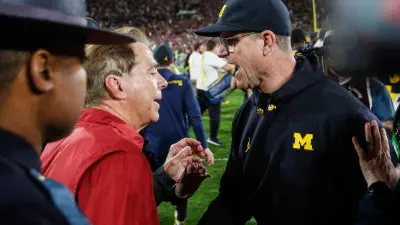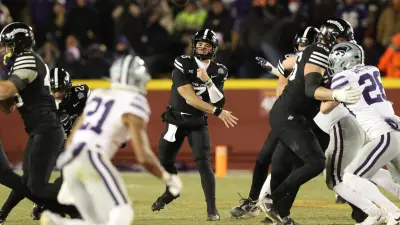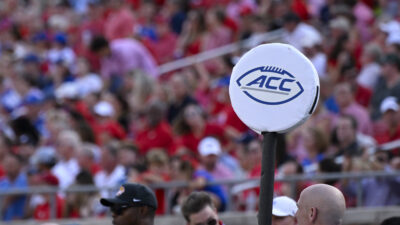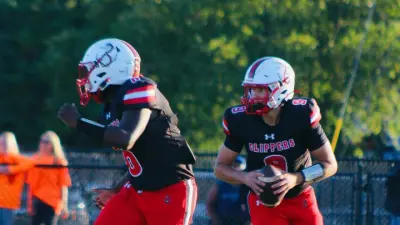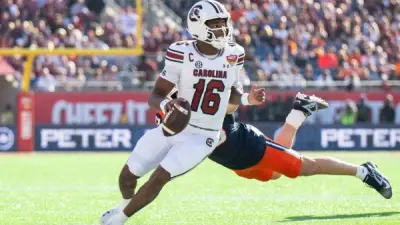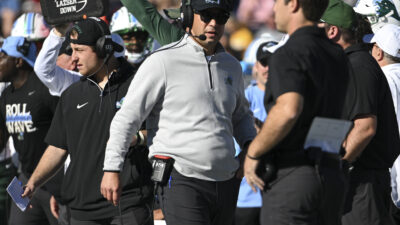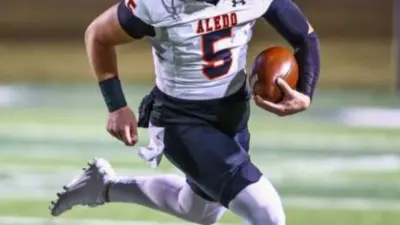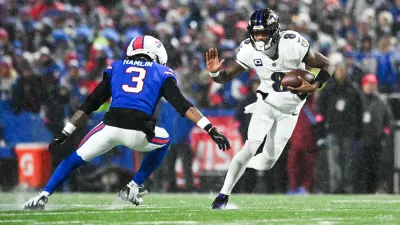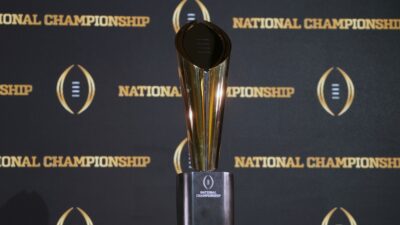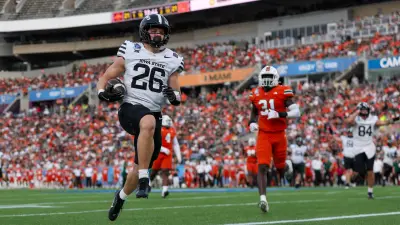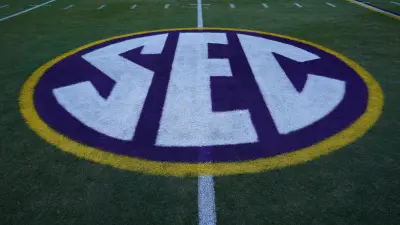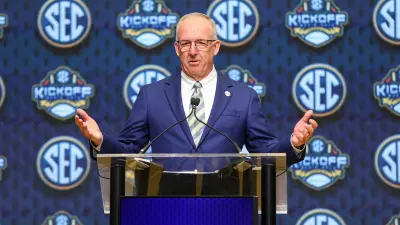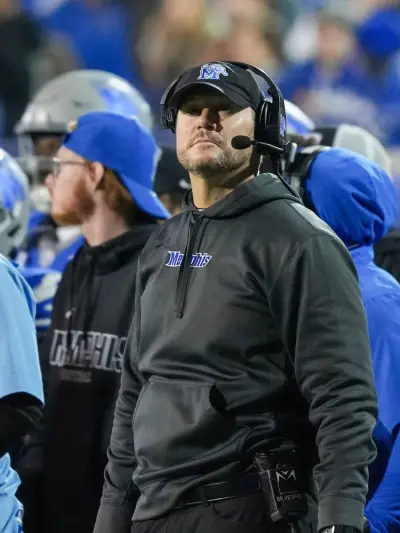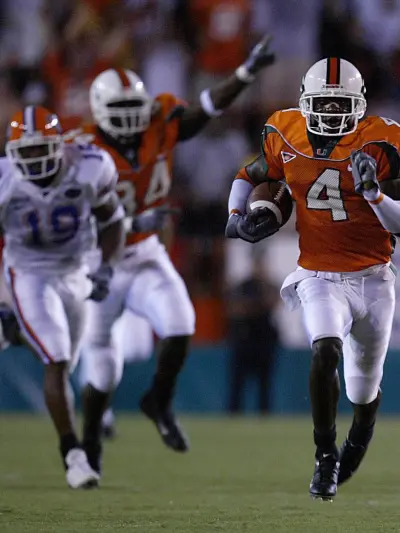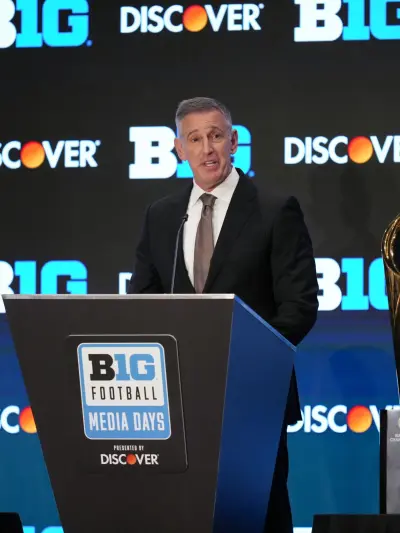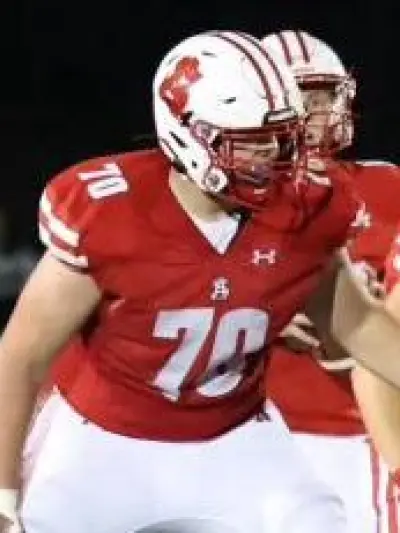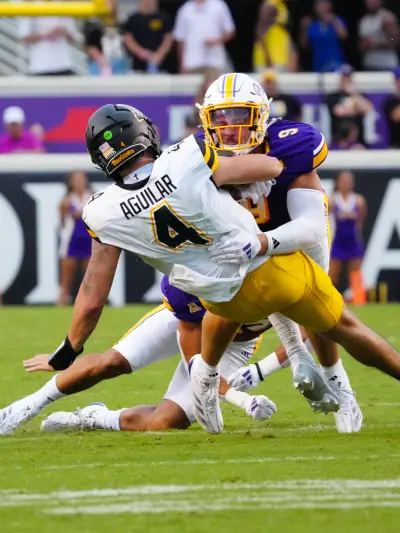By Kyle Golik
At its core, money is morally neutral. Money does not possess any moral quality, nor will, nor volition. As a result, money at its very core cannot drive anyone to do anything. The drive or motivation for money is what drives people’s ambitions and desires to do what they will, for some it is good and for some it is bad.
Hall of Fame coach Nick Saban, who retired from Alabama in January, saw how money morphed his team following their Rose Bowl defeat in the College Football Playoff semifinal against Michigan.
“I want to be clear that wasn’t the reason, but some of those events certainly contributed,” Saban said of his decision to retire. “I was really disappointed in the way that the players acted after the game. You gotta win with class. You gotta lose with class. We had our opportunities to win the game and we didn’t do it, and then showing your ass and being frustrated and throwing helmets and doing that stuff … that’s not who we are and what we’ve promoted in our program.”
Saban realized he had a potentially special team coming back in 2024, but he then recognized it wasn’t anything like what he experienced in his 50+ years coaching collegiate athletics.
“I thought we could have a hell of a team next year, and then maybe 70 or 80 percent of the players you talk to, all they want to know is two things: What assurances do I have that I’m going to play because they’re thinking about transferring, and how much are you going to pay me?” Saban recounted. “Our program here was always built on how much value can we create for your future and your personal development, academic success in graduating and developing an NFL career on the field.”
More Sports News
“So I’m saying to myself, ‘Maybe this doesn’t work anymore, that the goals and aspirations are just different and that it’s all about how much money can I make as a college player?’ I’m not saying that’s bad. I’m not saying it’s wrong, I’m just saying that’s never been what we were all about, and it’s not why we had success through the years.”
Saban has expressed his new mission in retirement was to help advocate for collegiate athletics. On Tuesday afternoon, he joined Senator Ted Cruz’s (R – Texas) roundtable on Capitol Hill to discuss collegiate athletics.
Saban during the roundtable alluded to the motivating factors of his abrupt retirement, “Well, all the things that I believed in, for all these years, 50 years of coaching, no longer exist in college athletics. It always was about developing players, it was always about helping people be more successful in life. My wife even said to me, we’d have all the recruits over on Sunday with their parents for breakfast, she would always meet with the mothers and talk about how she would help impact their sons and that they would be well taken care of. She came to me right before I retired and said, ‘why are we doing this?’ I said, ‘what do you mean?’. She said, ‘all they care about is much you’re going to pay them. They don’t care about how much you’re going to develop them, which is what we’ve always done, so why are we doing this?,”
Saban’s coaching peer in basketball, St. John’s Rick Pitino, has been extremely vocal about his displeasure about the current state of collegiate athletics.
Last season while coaching Iona in the MAAC, Pitino began his evisceration of NIL.
“We’re not amateurs anymore, we’re flat-out pros,” Pitino said. “We’re getting paid. The only negative is pros have the luxury of signing multiple-year contracts so you know what they’ll be paid. Here, I hate to see what the portal’s going to be this year.”
Pitino joined the Big East’s St. John’s and the feelings haven’t smoothed with him, as he took to the Pardon My Take podcast and let loose
“I’m not enjoying what goes on right now in college basketball. I took Peyton, Russ Smith or Donovan Mitchell, Terry Rozier, we nurtured them through to become really good … It’s about growing. I’m maybe looking at three guys returning next year and I gotta bring in 10. They all become free agents … I really don’t like about where I’m at right now.”
“I was at Iona and the entire league was poached … Every good player in the MAAC was poached by another school and for someone growing up who loves college basketball, it’s just not something I like,” Pitino added.
Rick Pitino on the current state of college basketball pic.twitter.com/Oe45Eyyp70
— Pardon My Take (@PardonMyTake) March 11, 2024
The major difference between collegiate and professional athletics is the ease of entry to make an impact at a significant level.
At the professional level, you have to own a franchise and get voted into the league.
However, if you’re a millionaire and donate five or six figures, you can easily begin to assert your influence on the university. The more you give, the more say you have.
In this case, those who have money and are willing to give have near unlimited access to the program and your contributions might be the difference of getting that prized recruit that could transform your program.
When it comes to the players, they fall into one of three buckets in my mind when they are presented with this money:
- They are mature enough to understand the gravity of their situation. What that amount of money means and how transformative it can be.
- They are willing to learn and obtain the maturity to understand the gravity of their situation and how to manage their money.
- They are not willing to learn and will never obtain the maturity to understand the gravity of their situation.
For many reading my column, we understand the pressure of being our households’ “breadwinner” and lead provider. We have all grown into that role over the years, our decisions are based on years of experience, and our ability to allocate resources has matured in this.
Now take yourself back to the time you were in college between 18 and 21 years old. Were you mature enough to handle sudden wealth and the attention that commands?
You might have been, you might not have, but these players in some vein are feeling some sort of pressure from this wealth.
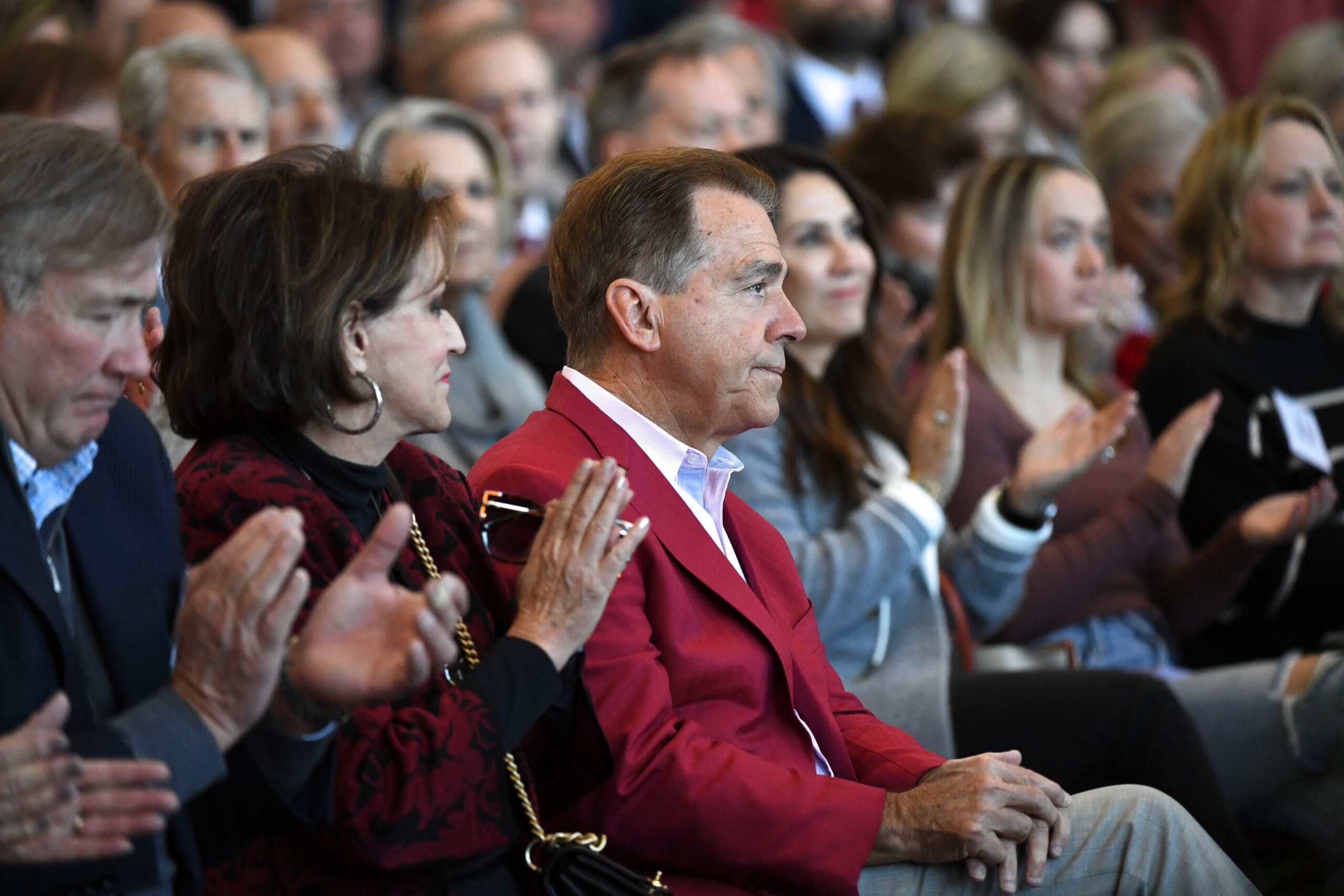
When Saban sat down with these kids, he spoke to a wide array of kids where money either meant something or didn’t.
For those where the money meant something, college football might be the end of the road for them. They could develop another year at Alabama or get paid at another Power 5 school $50,000 or $100,000 to play. What that impact on that player varies, but it is hard to blame a kid whose brain is going warp speed during this period to make a major decision when they haven’t matured.
That is one of the things Saban continues to hit the nail on player development and the mental aspect.
Think about what these kids are going through:
- They are essentially managing a brand that is themselves.
- They deal with constant bombardment from fans, friends, family, boosters, agents, and strangers to do something for them and it will work out for them.
- They are learning and training to be an athlete at the level they are at.
- They are trying to get an education that they can leverage when football no longer provides for them.
- They are trying to get social amongst their peers on campus and enjoy the college experience with their newfound fame and fortune.
- That time in your life when you are 18 to 21 is a major transformative period between being an adolescent and becoming an adult.
Add all that and now add in money, there’s no wonder collegiate athletics is in complete chaos.
Money transforms people because people have so many different motivations with money. Finding that balance is key to ensuring collegiate athletics has a future. If not, we are going to see the continued professionalization of revenue-generating sports while never addressing the adverse effects of making payroll.
